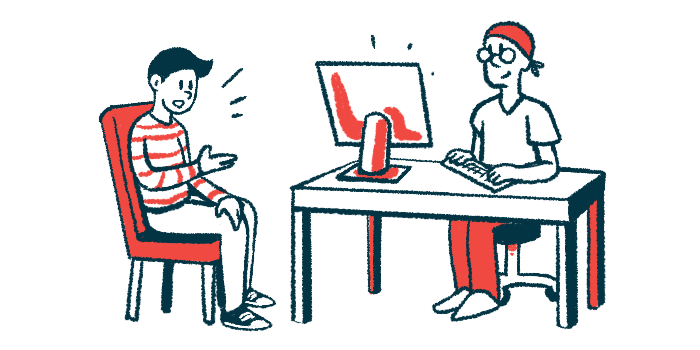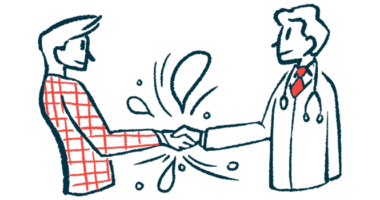Us2.ai, Duke University team up to develop better tools using AI
Aim is to improve echocardiography analysis in heart diseases like PH

A joint initiative between a Singapore-based medical technology company and Duke University is aiming to develop and commercialize artificial intelligence, or AI, tools for echocardiography — using ultrasounds to visualize the heart.
Researchers from Us2.ai, the first new company created from an 11-country cardiovascular research platform, have teamed up with those from Duke, a leading U.S. university, to create new AI tools that will aid in more timely, and better, diagnoses and management of heart and heart-related diseases, including pulmonary hypertension (PH).
“This partnership accelerates our mission to automate the fight against heart disease,” Carolyn Lam, PhD, professor at Duke-NUS graduate medical school and co-founder of Us2.ai, said in a press release, noting that the company is working to “expand our collaborative network worldwide to further test and refine our innovative technology in different clinical settings and health care systems.”
“We are proud to partner with Duke University and strengthen our global ties in cardiovascular research which we hope ultimately will benefit patients worldwide,” Lam said.
New AI tools may help speed echocardiography analysis
PH is a progressive disease characterized by abnormally high blood pressure in the pulmonary arteries, the blood vessels that supply the lungs. As a result, the right side of the heart, which delivers oxygen-poor blood to the lungs, must work harder to pump blood, becoming enlarged and weakened.
Echocardiography is an exam that uses ultrasounds to allow the visualization of the heart’s structure and functioning. In clinical practice, it is established as an affordable and safe method to detect and monitor heart conditions, such as PH.
However, the acquisition, measurement, and analysis of the images collected through echocardiography take time and intensive work, representing challenges for the routine use of the exam.
“Even among the best specialists and heart care centers, the interpretation of echo images is subject to inter-and intra-reader variability and human error,” said Madhav Swaminathan, MD, professor of anesthesiology at Duke University and former president of the American Society of Echocardiography.
“The possibility of negating this variability with technology is necessary and exciting as it holds incredible potentials beyond cardiology clinics,” Swaminathan said.
The technology from Us2.ai uses artificial intelligence strategies to speed the time needed to process and interpret echocardiography images. Using AI tools can shorten that time from 30 minutes to less than two minutes. According to the company, the accuracy is comparable to that obtained with expert clinicians.
After the heart images are acquired, the Us2.ai proprietary software automatically evaluates their quality, while it classifies and analyzes all the heart chambers. For that, the software uses both 2D and Doppler technology, used to detect blood flow, creating a full report for diagnosis.
The presence of AI in cardiology is growing by day, from risk score generation to screening to management.
Us2.ai’s software, approved by the U.S. Food and Drug Administration and the European Commission, covers most of the standard measures for echocardiography in adults recommended by the American, European, and British societies (or associations) of echocardiography.
The software is fully automated and does not require manual frame selection, choosing images, or clicking on annotations.
“The presence of AI in cardiology is growing by day, from risk score generation to screening to management,” said Manesh Patel, MD, chief of cardiology and co-director of the Heart Center at Duke University Health System, adding that “advances in deep learning have made automated analysis of medical images possible.”
Us2.ai says its software improves clinical decisions for patients, while helping with the use of echocardiography for cardiovascular research in clinical trials.
“The US2 software could enable the use of echocardiography in screening or as a procedure at an accelerated pace and in a cost-effective manner,” said Sreekanth Vemulapalli, MD, associate professor of medicine and member of the Duke Clinical Research Institute.








